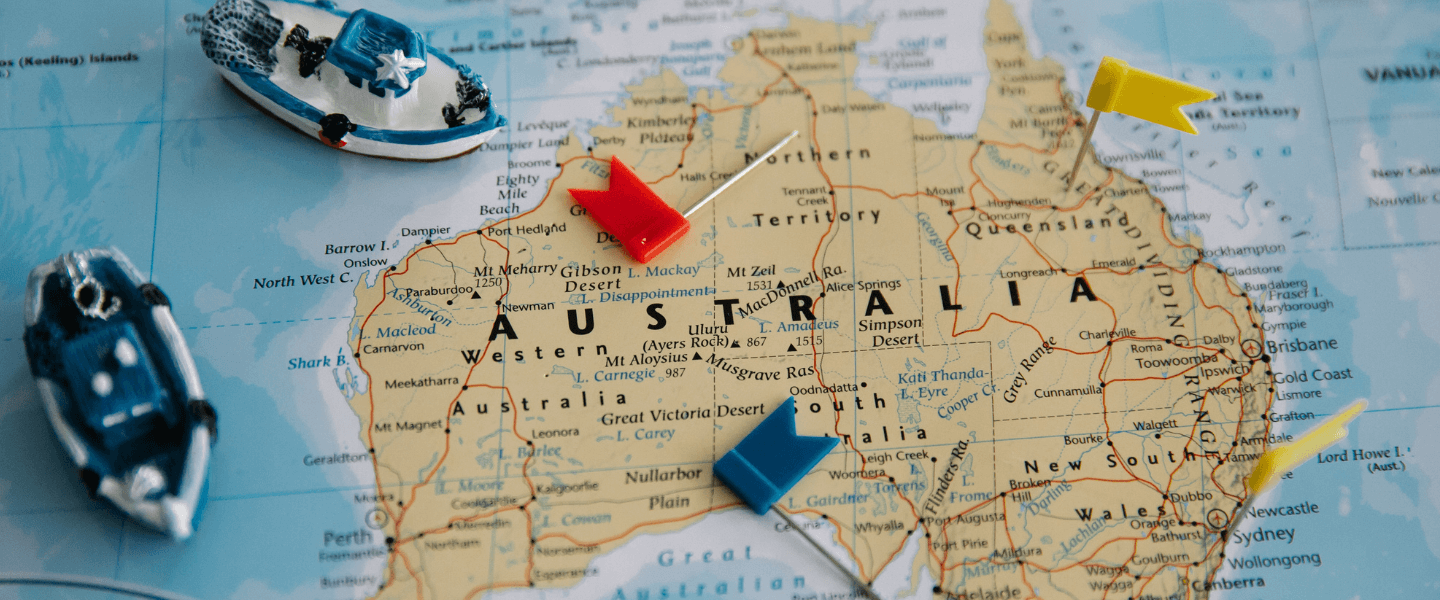How Passing the MRCOG Can Boost Your Career in Australia
The Membership of the Royal College of Obstetricians and Gynaecologists (MRCOG) is one of the most prestigious qualifications for aspiring obstetricians and gynecologists worldwide. While earning the MRCOG is a remarkable achievement in its own right, it also opens doors to exciting career opportunities, particularly in Australia. Australia is a dream destination for many internationally trained doctors with its advanced healthcare infrastructure, high demand for skilled specialists, and attractive work-life balance.
This blog explores how passing the MRCOG can help you advance your career in Australia, outlining the benefits, pathways, and key steps to make your transition seamless.
The Value of MRCOG in the Australian Healthcare System
The MRCOG is recognised as a benchmark qualification that ensures a high level of expertise in obstetrics and gynecology. For doctors seeking to work in Australia, this certification:
- Demonstrates Clinical Excellence: The MRCOG certifies your advanced knowledge and skills in managing women’s health, making you a highly sought-after professional in Australia’s healthcare system.
- Streamlines Registration: The MRCOG Part 2 or Part 3, combined with relevant clinical experience, aligns with the requirements of the Australian Health Practitioner Regulation Agency (AHPRA), simplifying your pathway to practice.
Enhances Employability: Hospitals and clinics across Australia value MRCOG-certified professionals for their high standards of care, making it easier to secure rewarding roles.
Career Opportunities for MRCOG Holders in Australia
Australia faces a growing demand for obstetricians and gynecologists due to workforce shortages and an aging population. MRCOG holders are well-positioned to fill these gaps, particularly in:
- Public and Private Hospitals: MRCOG-certified doctors can work in leading healthcare institutions, providing high-quality maternity and gynecological care.
- Rural and Regional Areas: The Australian government incentivises specialists to work in rural and remote locations, offering higher pay, relocation packages, and bonuses.
- Research and Academia: For those inclined towards teaching or research, the MRCOG opens pathways to academic roles in medical universities.
Benefits of Practicing in Australia
High Demand and Job Security
The Australian healthcare system consistently seeks skilled obstetricians and gynecologists to address patient care demands, particularly in underserved areas. With the MRCOG, you become an asset to the system, ensuring job stability and career growth.
Attractive Compensation Packages
Australian specialists enjoy competitive salaries. Obstetricians and gynecologists can earn between AUD 200,000 and AUD 400,000 annually, depending on experience and location. Rural and remote areas often provide additional allowances, travel reimbursements, and retention bonuses.
Work-Life Balance
Australia is known for its emphasis on work-life balance, offering structured work hours and generous leave policies. This makes it an excellent destination for medical professionals seeking both career satisfaction and personal well-being.
How to Use Your MRCOG Qualification in Australia
Step 1: Verify Your Credentials
Ensure your MRCOG qualification is recognised by AHPRA. You may need to undergo an assessment by the Royal Australian and New Zealand College of Obstetricians and Gynaecologists (RANZCOG).
Step 2: Apply for Specialist Pathway Registration
For MRCOG holders, the Specialist Pathway is often the most straightforward option. This pathway assesses your overseas qualifications and compares them to Australian standards, enabling you to practice in your specialty.
Step 3: Meet Additional Requirements
To practice in Australia, you must:
- Demonstrate English language proficiency (e.g., OET or IELTS scores).
- Meet health and character requirements.
- Gain approval from relevant medical boards, if applicable.
Step 4: Explore Opportunities
Once registered, you can start exploring roles in hospitals, clinics, and academic institutions across Australia. Recruitment agencies like
CC Medical can help match your qualifications with suitable job opportunities.
Challenges and How to Overcome Them
Adapting to New Healthcare Systems
While the MRCOG equips you with advanced clinical knowledge, understanding Australia’s healthcare policies and protocols is essential. Participating in local orientation programs and working under supervision initially can ease the transition.
Navigating the Registration Process
The application process for AHPRA and RANZCOG may seem complex. Engaging a migration consultant or recruitment agency with expertise in medical placements can simplify the process.
Tips for Aspiring MRCOG Candidates
If you’re planning to pursue the MRCOG to advance your career in Australia, consider these tips:
- Start Early: Begin your preparation for MRCOG Part 1, 2, and 3 well in advance using trusted study materials and online resources.
- Focus on Clinical Experience: Australian employers value hands-on experience. Aim to gain diverse clinical exposure during your training.
- Stay Updated: Keep track of changes in registration requirements and Australian immigration policies to plan effectively.
- Use valuable resources:
There are complete fledge courses like
Study MRCOG Part 1 or practice tools like MRCOG Prep that can help you with your
MRCOG Part 1 exam preparation.
Conclusion
Passing the MRCOG is a significant milestone that can unlock a wealth of career opportunities in Australia. From securing specialist roles in top hospitals to contributing to rural healthcare initiatives, MRCOG-certified doctors are well-equipped to make a meaningful impact in the Australian healthcare system.
With its robust healthcare infrastructure, competitive compensation, and unparalleled quality of life, Australia is an ideal destination for obstetricians and gynecologists looking to take their careers to the next level. If you’re ready to embark on this journey, start preparing for the MRCOG today and explore how it can transform your professional future.
Frequently Asked Questions by Gynecologists Worldwide About Pursuing a Career in Australia
Q1: What is the MRCOG, and why is it valuable for doctors?
The MRCOG (Membership of the Royal College of Obstetricians and Gynaecologists) is a globally recognised qualification for obstetricians and gynecologists. It demonstrates advanced expertise and clinical skills in women’s health, boosting career prospects in countries like Australia, where skilled specialists are in high demand.
Q2: Can passing the MRCOG help me practice in Australia?
Yes, passing the MRCOG significantly simplifies the process of practising in Australia. The qualification aligns with the requirements of the Australian Health Practitioner Regulation Agency (AHPRA) and is often recognised by the Royal Australian and New Zealand College of Obstetricians and Gynaecologists (RANZCOG), easing registration and employment pathways.
Q3: Is the MRCOG mandatory to work as an obstetrician or gynecologist in Australia?
While the MRCOG is not mandatory, it is highly regarded and can enhance your credentials. It makes your application for roles in Australia more competitive and demonstrates your commitment to clinical excellence.
Q4: What resources are recommended for MRCOG Part 1 preparation?
Preparation for MRCOG Part 1 should include:
Question banks for practice.
Textbooks covering fundamental topics in obstetrics and gynecology.
Online courses and mock exams to simulate the exam environment.
For an in-depth discussion, check out the blog Are Question Banks Enough to Pass MRCOG Part 1? to learn how to effectively balance your preparation strategy.
Q5: How does passing MRCOG Part 1 differ from completing Part 2 and Part 3?
Part 1 focuses on basic sciences and foundational knowledge in obstetrics and gynecology.
Part 2 assesses the application of knowledge in clinical practice through written papers.
Part 3 evaluates clinical and communication skills through OSCEs (Objective Structured Clinical Examinations).
Each stage progressively enhances your skills and employability in Australia and other countries.











